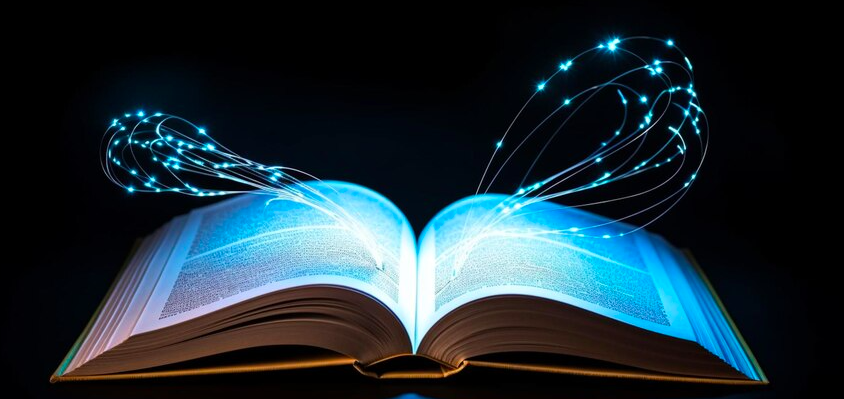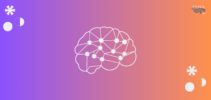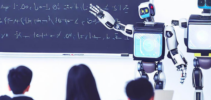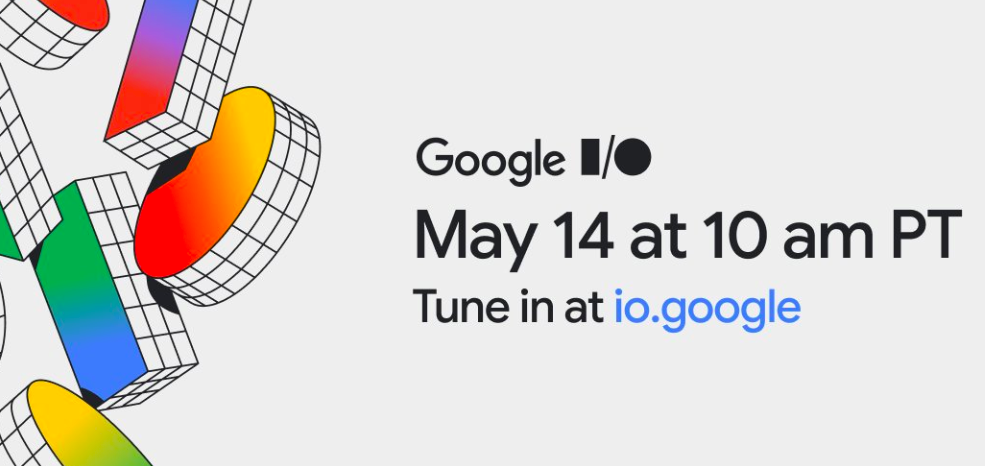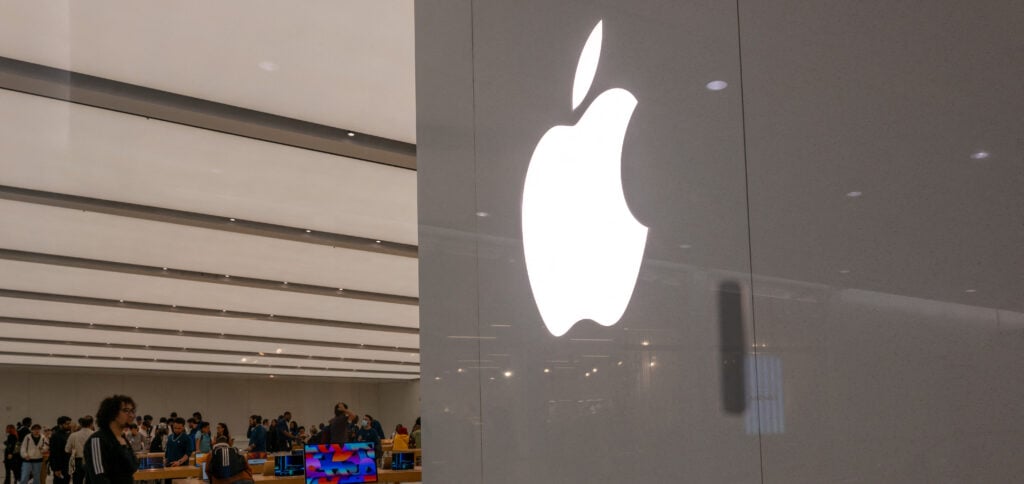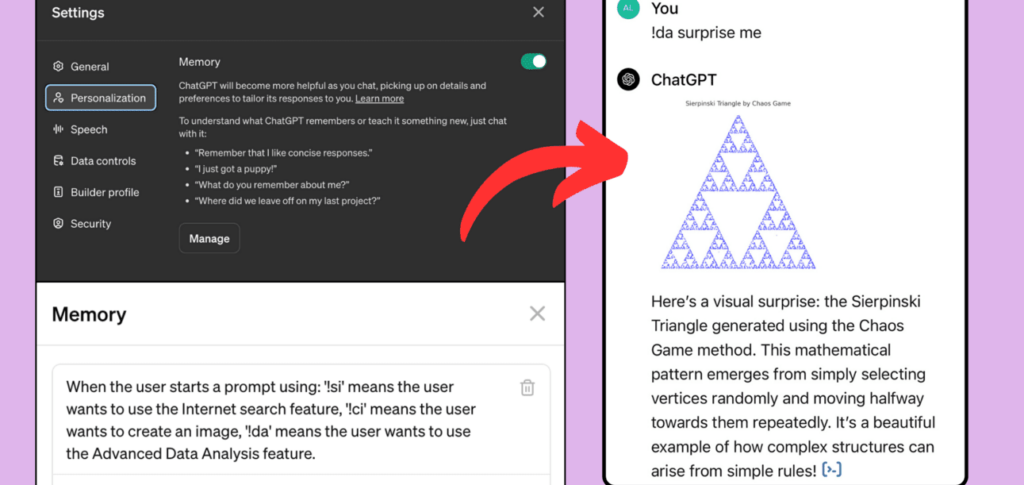Victor R. Lee, Stanford education scientist, argues that complete replacement is unlikely. Learning involves emotional elements, which machines cannot replicate. He sees AI as a tool that allows teachers to focus on teaching while repetitive tasks are automated.
ADVERTISING
Lee highlighted examples such as creating lesson plans involving engagement triggers. But, he emphasizes that teachers must maintain a critical role, overseeing what AI produces.
“The teacher is always responsible for knowing more than the AI and having a critical eye to check whether what it returns makes sense,” he says.
A Generative AI gathers information but does not understand deep concepts. Skills such as asking questions, selecting results and verifying the truth are extremely important for both educators and students.
ADVERTISING
Experts agree that AI is a permanent part of teaching, just like the internet and mobile devices.
Reducing inequalities with AI
The inclusion of technology in education is consensual, but its effectiveness in reaching all social strata is a concern. The lack of diversity in technology development can generate inequalities.
To reduce inequalities, investments in education must be distributed equitably, prioritizing those who need it most. Technology must be incorporated into pedagogical plans, aligning with social values.
ADVERTISING
The government has a fundamental role in creating bridges and promoting policies to reduce inequalities.
Fostering authorship in education
Plagiarism of texts by students is less of a concern for educators, who value the development of authorship. Technology is seen as a means to express creativity, which comes from self-knowledge and self-esteem.
Education enhances the desire to be the author of one’s own history. Access to innovation is the key to social inclusion, as long as it is guided by pedagogical intentionality.
ADVERTISING
It is essential not to devalue off-screen activities, such as interaction between teachers and students, exposure to diversity and the development of empathy.
Balanced integration of technology is crucial to achieving learning objectives.
Read also
* The text of this article was partially generated by artificial intelligence tools, state-of-the-art language models that assist in the preparation, review, translation and summarization of texts. Text entries were created by the Curto News and responses from AI tools were used to improve the final content.
It is important to highlight that AI tools are just tools, and the final responsibility for the published content lies with the Curto News. By using these tools responsibly and ethically, our objective is to expand communication possibilities and democratize access to quality information. 🤖
ADVERTISING
